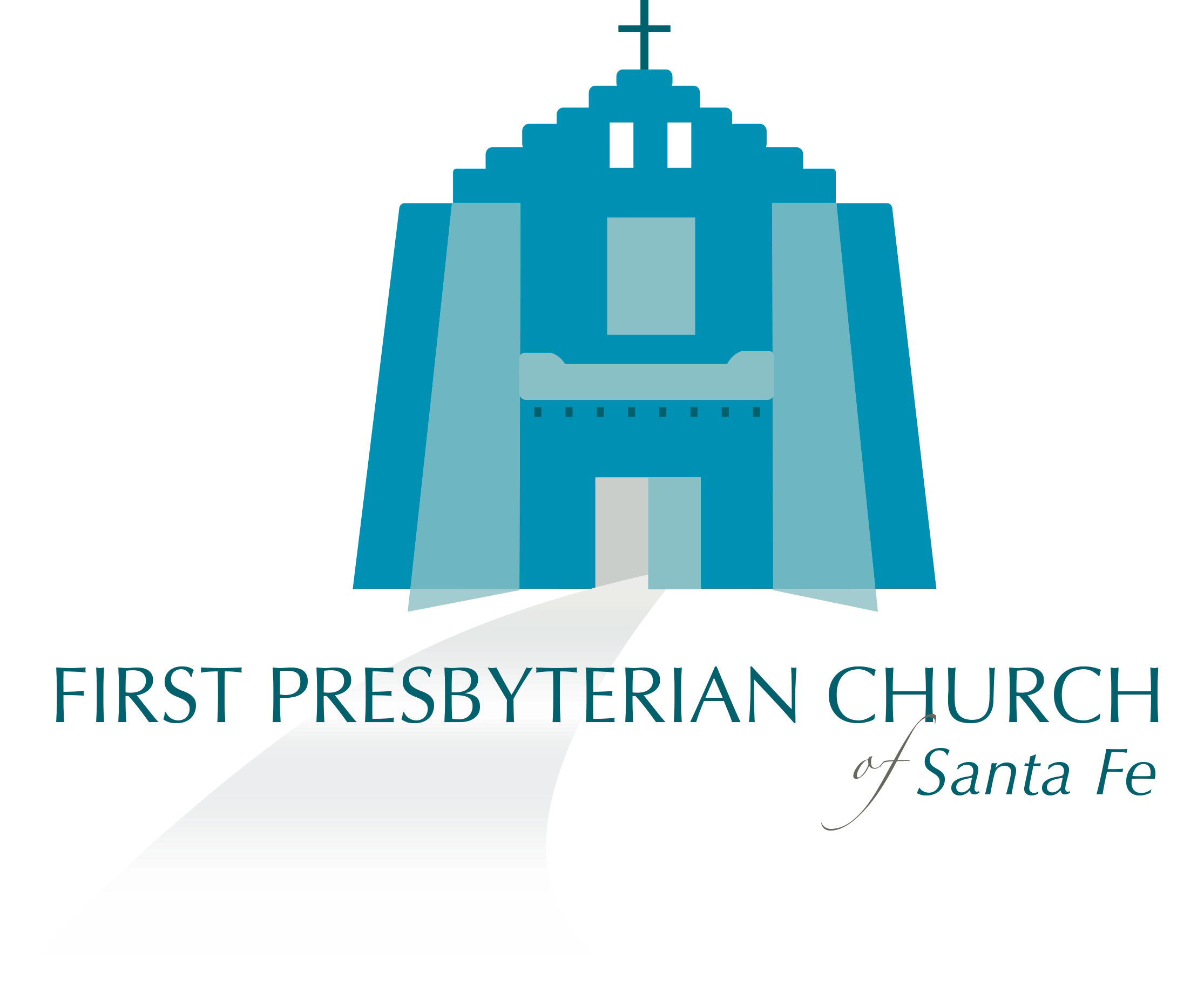Dear Saints in Santa Fe, and other far-off places,
Greetings in the name of Jesus Christ, who calls us to turn toward a new realm of justice, compassion, and nonviolence, which is as close as your hand (Mark 1:15).
“There are 2400 members in this church and 3,000 opinions.”
These are the first words I remember hearing as I began my ministry some forty years ago, spoken by the Senior Pastor as I arrived fresh from seminary. About the same time my pastor father gave me advice I can’t seem to shake: “My main job in ministry has been to keep the saints from killing each other.” I still chuckle at this one.
Welcome, then, to the Ecumenical Week of Prayer for Christian Unity! My Presbyterian calendar says it started last Thursday, and it is something Christians have been praying for since 1908.
I daresay, it’s an uphill climb as church historians remind us the early church was fractured and divisive with Jesus followers seldom in sync and often at odds with one another. There was never only one group of Christians who all believed the same way but rather at least four groups, each with its own perspective, tradition, background, and context: James and the Brethren, Stephen and the Hellenists, Peter and the Twelve, and Paul and the Apostles (I’ll explain these groups in a future letter). When we add in all the women who were a huge part of the early church, along with a whole class of people called the poor–slave and servants, the sick and lame, etc.—and, oh yes, all those Roman officials and religious authorities who kept quietly showing up, we have quite the group.
By 2024, instead of unity Christians are split over the War in Gaza, gun violence, climate change, abortion rights, January 6th, elections, culture . . . and the list goes on. Turns out we just aren’t very good at unity, no matter how many years we have been praying for it.
May I suggest then, not a week of Christian Unity, but an era of humane Christianity. This is a Christianity that sees all the world as sacred—people, animals, creation alike—where we mirror the compassion of Jesus, break down the walls of hostility, bless and cherish one another, grow community, and practice nonviolence to the point where war makes absolutely no sense, if it ever did.
I sometimes wonder what my life would be like if I began my ministry forty years ago in a church like I just described. I wonder what our lives would be like if empire had not taken over the Church centuries ago and we still live in its shadow. I wonder what the world would be like if throughout all the centuries the Church had been a practitioner of nonviolence and a prophet’s voice reminding the world of all that is good, and true, and holy?
And I can’t help but think what a difference it would have made if those 3,000 opinions I was warned about years ago had instead been 3,000 acts of kindness and compassion. All the good this would have done and, who knows, it’s compounding ripple effect might have even changed the world.
Grace and peace,
Harry
